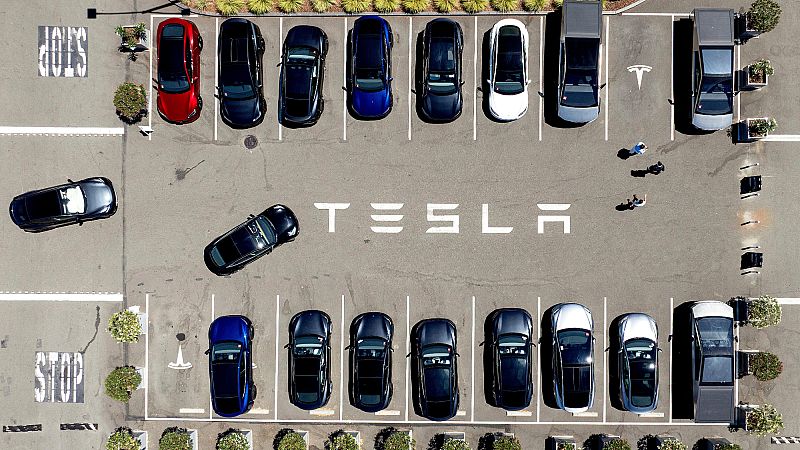US watchdog probes self-driving Tesla cars in blow to Elon Musk

US safety regulators launched a probe into Tesla self-driving cars, affecting around 2.9 million vehicles, after reports emerged of vehicles running through red lights, veering into wrong lanes, and crashing in some instances.
The National Highway Traffic Safety Administration (NHTSA) said in a filing that it is looking into 58 cases in which Teslas reportedly violated traffic safety laws while using the company's so-called Full Self-Driving mode or FSD.
The new investigation adds to several other open inquiries into Tesla technology that could upend Elon Musk's plans to turn millions of his cars already on the road into completely driverless vehicles with an over-the-air update to their software.
The probe comes as Musk, whose fortune as the world's richest man derives partly from Tesla's stock, has promised to roll out hundreds of thousands of driverless taxis in cities around the US by the end of next year.
Tesla has argued to regulators and in court cases that it has repeatedly told drivers the system cannot drive the cars by itself and whoever is behind the wheel must be ready to intervene at all times.
Regulators claim that many of the Tesla drivers involved in accidents said the cars gave them no warning about unexpected behaviour.
Tesla stock fell nearly 3% at one point Thursday but closed with a loss of just 0.7%.
Continued lawsuits
Earlier this year, the NHTSA launched a separate investigation into Tesla’s “summon” feature after a string of minor collisions in car parks. And in August, regulators opened yet another inquiry into why Tesla has allegedly been slow to report crashes as required.
That same month, a Miami jury found that Tesla was partly responsible for a deadly 2019 crash in Florida involving its Autopilot driver-assist technology — which is different from full self-driving — and must pay the victims more than $240 million (€207.55mn) in damages.
The self-driving technology system now under investigation is what is called Level 2 driver-assistance software that requires drivers to pay full attention to the road. A new version was introduced earlier this week.
The company is also testing a vastly upgraded version that does not require driver intervention, something that Musk has been promising to roll out for years.
Tesla is under pressure to show success with this technology because the main part of its business — selling cars — is struggling.
Customers who dislike Musk's support of President Donald Trump and far-right candidates in Europe have boycotted the company, sinking sales. Meanwhile, rival EV makers, including China's BYD, are stealing market share with cheaper, high-quality offerings.
In response, Musk on Tuesday announced Tesla would be selling two new, stripped down and cheaper versions of models already on the road, including its best-selling Model Y. But investors, hoping for lower prices or a completely new offering, were unimpressed, pushing the stock down 4.5%.
Today

